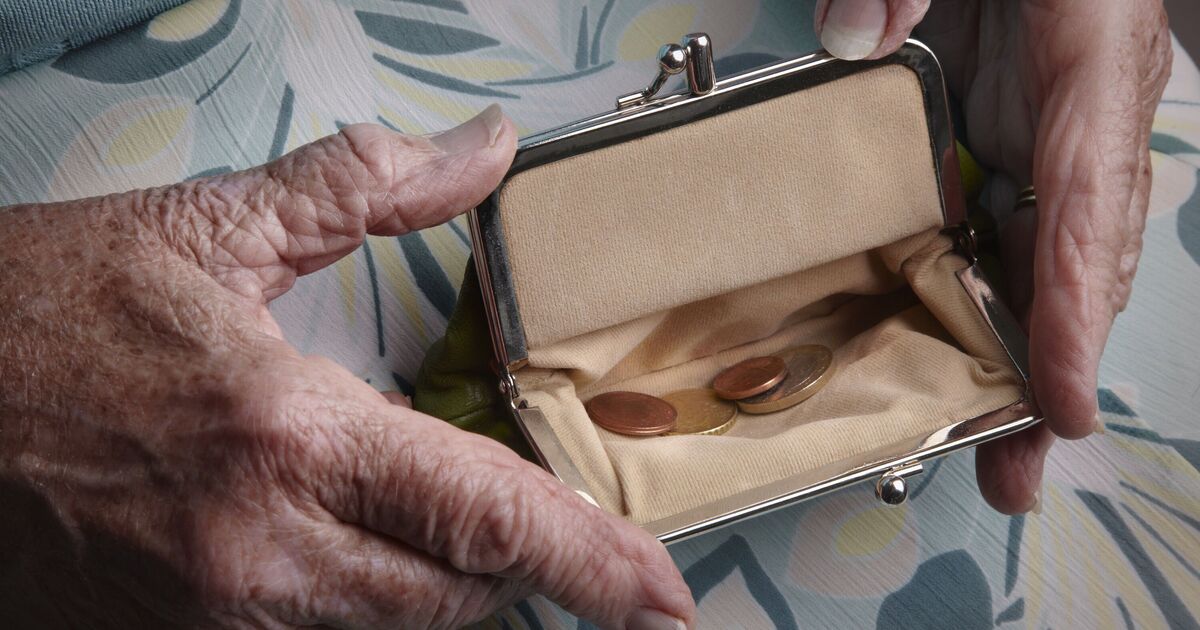Tens of thousands of women who missed out on better state pensions because of a “sexist and archaic” system have received a boost in their battle for justice.
The Parliamentary Ombudsman is to launch a full investigation into seven cases, which could result in hundreds of millions of pounds of arrears being paid out if successful.
A large group of older married women entitled to pensions based on 60% of their husbands’ contributions have missed out thousands of pounds each.
Former pensions minister Sir Steve Webb, a partner at consultants LCP, said: “This is a major milestone in a long-running campaign for justice for thousands of married women.
“I am delighted that the Parliamentary Ombudsman has decided to undertake an in-depth investigation into these complaints.
“In my view these women fell victim to a fundamentally sexist and archaic system which relied largely on married men ticking boxes and passing on claim forms to their wives.
“The women I have spoken to are all intelligent people who do not ignore official correspondence and who would clearly have claimed their uplifted pension if they had realised a second claim was needed once their husband retired.
“The fact that they did not know this was needed indicates a system which let them down and has cost them in many cases thousands of pounds through no fault of their own.
“I look forward to seeing what the Ombudsman concludes at the end of her inquiry.”
Before a rule change in 2008, married women could claim a state pension at the age of 60 but they were initially awarded payments based on their own record of National Insurance contributions.
The pension could be very low if they had gaps in their work history, such as time off for raising a family.
However, when their husband retired they could get an uplift to 60% based on their husband’s contributions.
But this only happened if they filled in another state pension claim form to get the raise.
The main way women got another form was that their husband had to tick a box on his form asking for a second form for his wife to fill in which would be sent to him.
Many women did not know about having to apply again so would remain on their low pension.
If they later found out about the potential uplift they were only allowed to backdate the increase for one year.
This system meant that women could miss out if their husband failed to tick the box, if the Department for Work and Pensions (DWP) issued one form rather than two or if the husband failed to pass on the second form.
The rules were changed in 2008 so the uplift happened automatically without the need for a further claim, but women before this did not benefit.
The watchdog will now carry out a full investigation and share preliminary findings with DWP and the complainants before reaching a final recommendation.








